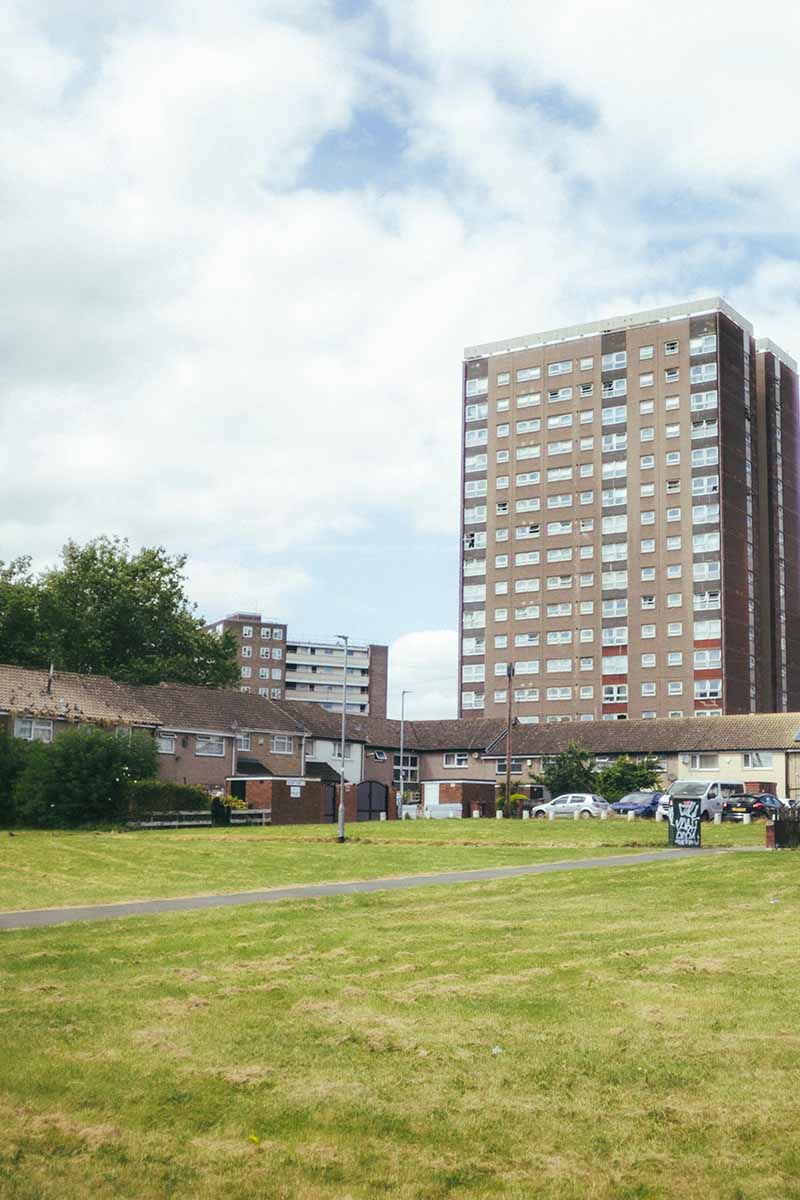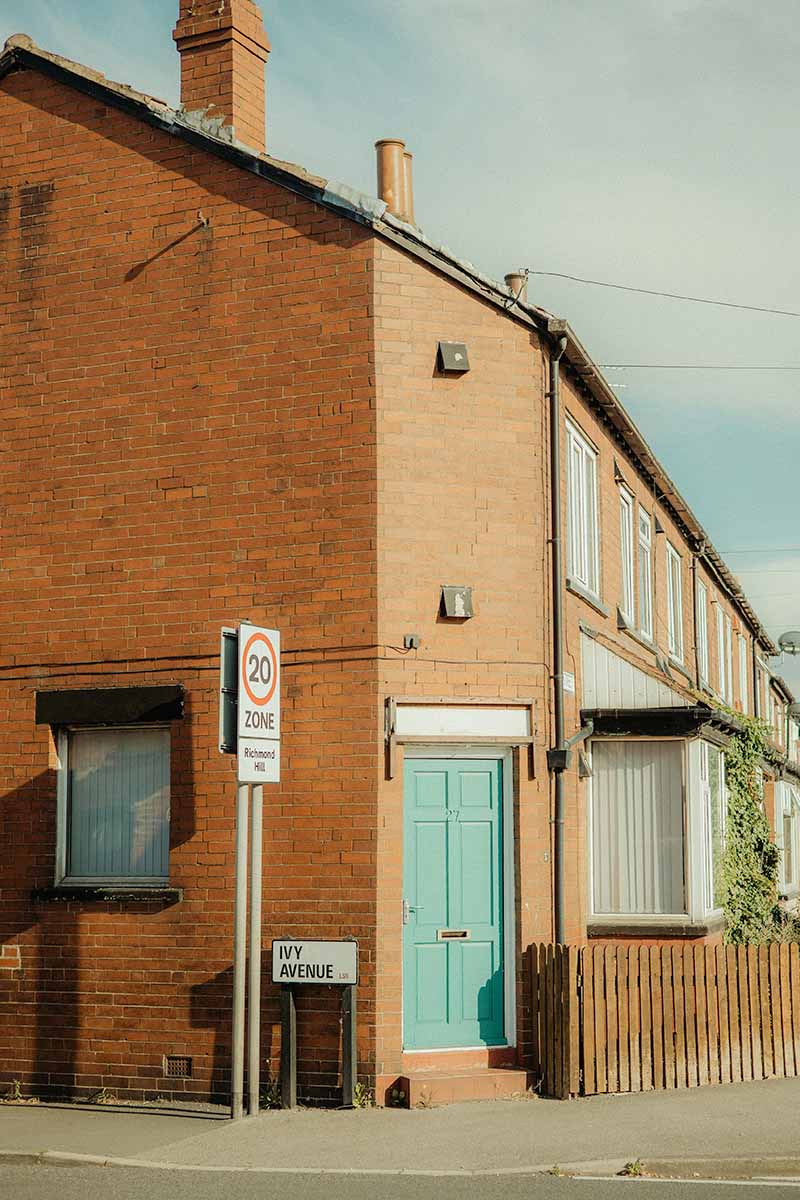Do I need power of attorney to sell a house for someone in care?
When a loved one goes into care, one of the biggest financial questions families face is whether their home should be sold to help fund care fees. But selling someone else’s property is not straightforward. In most cases you’ll need a Power of Attorney or similar legal authority in place. This guide explains how Power of Attorney works in relation to property sales, what to do if no authority is in place, and the practical steps involved in managing a sale lawfully.
To sell a house on behalf of someone in care, you generally need a Lasting Power of Attorney (LPA) for property and financial affairs (or an older Enduring Power of Attorney made before 2007). If no such authority exists, you must apply to the Court of Protection for deputyship.
Key points:
- An LPA must be valid, registered, and explicitly allow property transactions.
- Attorneys can only act in the donor’s best interests and must obtain fair market value.
- If no LPA or EPA is in place, selling requires a deputyship order — a slower, more costly process.
- Buyers, lenders, and solicitors will all require proof of authority before the sale can complete.

When you need Power of Attorney
If the property owner still has mental capacity, they can sign the sale paperwork themselves. But as soon as they cannot manage their affairs — whether through illness, dementia, or absence abroad — a Power of Attorney becomes essential.
A Property and Financial Affairs LPA gives an attorney legal authority to manage money, pay bills, and sell property. These documents are flexible:
- They can allow attorneys to act immediately (even while the donor still has capacity, with their consent).
- Or they can specify that attorneys may only act once the donor loses capacity.
Solicitors handling a sale will check the exact wording in the LPA to confirm the attorney’s powers cover selling the home. Without clear authority, the process can stall until extra legal steps are taken.
What if there is no Power of Attorney?
If someone has moved into care and lost capacity but never set up an LPA or EPA, relatives cannot simply step in. Instead, an application must be made to the Court of Protection to be appointed as a deputy.
This process:
- Requires a formal application, medical evidence, and a court fee.
- Often takes 6–9 months, which can delay urgent sales.
- May involve ongoing reporting duties, such as filing annual accounts to the court.
Deputyship does give similar powers to an LPA, but it is more restrictive and expensive. That’s why many families set up an LPA early, even before it is strictly needed.
How the sale process works under Power of Attorney
Even with a valid LPA, attorneys must follow certain steps when selling a property:
- Check the LPA/EPA wording – Ensure it covers property transactions. If it doesn’t, a variation or extra order may be needed.
- Provide certified documents – Estate agents, solicitors, and buyers will need to see a certified copy of the registered POA.
- Obtain a valuation – Attorneys must prove the sale is for fair market value. Underselling the property could be challenged as acting against the donor’s best interests.
- Act transparently – Keep records of decisions, offers received, and reasons for accepting a particular sale price.
- Use proceeds correctly – All money from the sale must go into the donor’s accounts and be used for their care or benefit, not for personal gain.
If the property is jointly owned, the attorney can only sell the donor’s share. The co-owner (such as a spouse) must agree and sign for their portion.
Save time and hassle by selling your home with us
Get a guaranteed cash offer on any property in England and Wales. All you need to do to get started is enter your address below.
Example scenarios
Case study 1: Using an LPA before capacity is lost
Mr Hughes moves into care but still has capacity. His daughter, named as attorney in his LPA, is authorised to handle the sale of his house. Because the LPA allowed immediate use, she can manage the sale with his consent, making the process smooth and without court intervention.
Case study 2: No LPA in place
Mrs Patel enters care with advanced dementia. Her son wants to sell her home to cover fees, but no LPA exists. He applies to the Court of Protection, but the delay means the family covers care costs from savings for nearly eight months before the deputyship is granted.
Case study 3: Acting in best interests
Two siblings are attorneys for their mother under a joint LPA. They receive offers below market value but must reject them, as selling under value would not be in her best interests. Instead, they hold out for a fairer price and keep records to evidence their decision-making.
FAQs
Do I always need Power of Attorney to sell someone’s house?
Yes, unless the owner still has mental capacity and chooses to sell it themselves. If they lack capacity, only an LPA, EPA, or Court of Protection order gives the authority to sell.
Can multiple attorneys act?
Yes, but it depends how the LPA was set up. If attorneys must act “jointly”, all signatures are required. If “jointly and severally”, any one attorney can act.
What if the property is jointly owned with a spouse?
Only the share belonging to the person in care is controlled by the attorney. The spouse or co-owner must also agree to the sale of their share.
Can an attorney sell below market value?
No. Attorneys must always obtain a fair market price. Selling cheaply could be challenged legally and may trigger an investigation by the Office of the Public Guardian.
Does a Health and Welfare LPA allow me to sell a property?
No. Only a Property and Financial Affairs LPA (or an EPA) covers property sales. A Health and Welfare LPA only relates to decisions about care and medical treatment.
Recap: Do you need Power of Attorney to sell a house for someone in care?
- If the person still has mental capacity, they can sell the property themselves.
- If not, only an LPA for property and financial affairs, an EPA, or a deputyship order can authorise a sale.
- Attorneys must act in the donor’s best interests, obtain fair value, and keep proper records.
- Without POA, selling is delayed until the Court of Protection grants authority.
Thinking of selling quickly?
Managing legal documents, care funding, and a property sale can feel overwhelming. At Habello, we step in to simplify the process:
- Fair market valuation.
- Final cash offer within 48–72 hours.
- Flexible sale timeline to suit your schedule.
- No legal fees when using our partner solicitor.
- Guaranteed cash sale with no delays.
Property owners are choosing Habello for a faster, easier and less stressful way to sell
Sell your home quickly for cash by accepting an offer just below market value. See how we compare to your other options by using the calculator below.
Related guides
Bring yourself up to speed with our property guides.





































































































